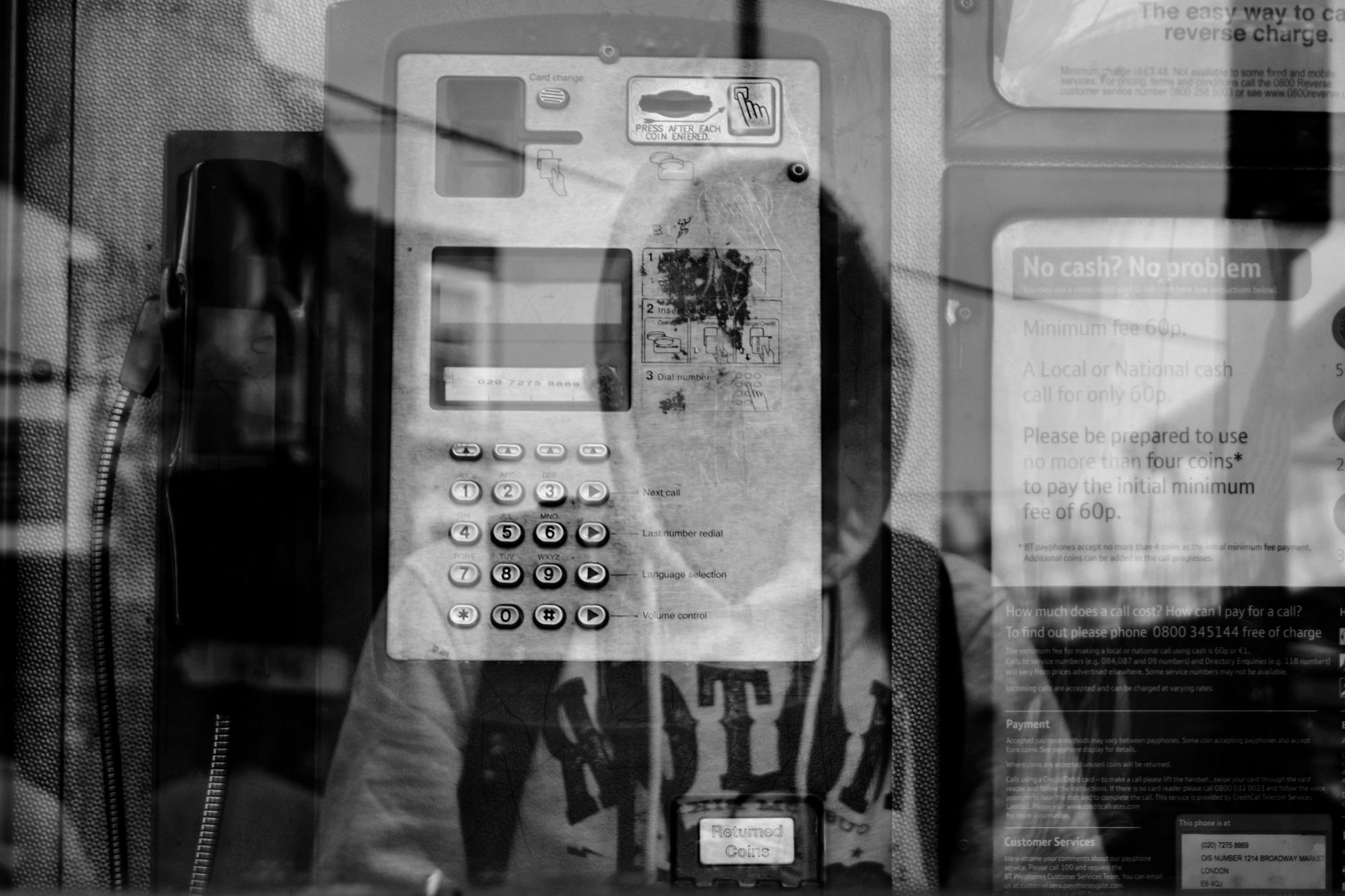Received another spam call today?
Frustrated as it is, you are not alone. The US received over 38.4 billion phone calls per year and the number is expected to increase. But the bigger concern is: how did those spammers get hold of your number?
Read on to find out how common practices may cost you your privacy and how to remedy them.

Type of Spam Calls
The person that just bugged your morning mood could have been a robocaller, or what is know as a pre-recorded phone call. Or it could be the same spammed message you receive just two days back. Regardless, these calls are mostly irrelevant and irritating, not to mention dangerous. Over 40 million Americans were scammed off $10.5 billion in 2018 alone.
And the business of spamming is rather tempting to keep them going. Scammers managed to earn $9.5 billion from just $438 million spent on pre-recording and spreading spam calls to as many people as they desire. Thanks economies of scale.
And are spam callers even legal?
Well yes and no. Spam calls can originate from both legal and illegal entities.
Legal callers include like your certified telemarketer who want you to purchase a certain product or down to polling firms who are asking you for your personal particulars or even opinions on social issues
Illegal callers include pre-recorded messages sent to users who have not given permission to receive these calls. It also includes spam callers who seek to siphon off personal information from you.
Unless you get yourself onto the telemarketers' no-call list, expect more spams from callers on both side of the law.
Wait, what's telemarketers' no call list?
Yes, you heard it right. In a bid to curtail spam calls, the US Federal Trade Commission has a National Do not Call Registry that bars legal telemarketers from spam-calling you. Simply call 1-888-382-1222 and fill in a registration form to bid farewell to pesky telemarketers.
But here's the caveat: it only works for LEGAL telemarketers. You are technically on your own against the illegal scammers and spammers. Read on to find other ways to avoid the un-licensed scammers, and most importantly, why you are receiving their calls in the first place.
Here are 6 reasons why you are receiving spam calls
Whether they are legal or not, the million-dollar question that you should know, and that they fear is how do they make get your private number?
Reason 1: Sharing your contact details with almost everyone
No, spammers cannot snatch your phone number that you verbally told your friend that day unless your friend is a spammer himself. But they certainly can from the contact information you leave around with others.
In this case, that would include the recent sales promotion at the department store, signing up for the new club membership or even as simple as filling in a registration form on website.
Sharing such information opens up the possibility of your data to be recorded, exchanged and even transacted, all without much notice.
Reason 2: Clicking "I Agree"
Ever received a lengthy list of “Terms and Conditions” before downloading a product? Clicking on the without reading the fine prints may just be the keys to your contact details.
Some apps out in the market rely on the mining of users’ data as their main mode of operation and certain Terms and Conditions gives them the rights to access your data on your devices.

Reason 3: Financing options- for you or the telemarketers?
Or how about the 0% loan interest ad? Credit financing options, such as taking small loans or instalment payments for basic appliances require you to submit your personal particulars and that itself can become a way to lose your privacy. Some companies may offer the allure of a interest-free options, coupons and vouchers just to tap onto your personal details. Technically, they too need to profit, but off you in a different manner.
Reason 4: Charity organizations
Donating for a needy cause? With the outsourcing of fund collection works to third parties, donation can be another area where you lose your data to. Third parties will donate a sum of the funds collected but the contact information collected stays with them, which can then be sold to other telemarketers.
Reason 5: Big Data
Big data can be said to be a value to companies and individuals to source for information. But don’t protect your private details and it may become your worst nightmare. Big Data has the ability to crawl websites and match your contact details with your activities online. Remember that Instagram post you shared, or the email address you sent to your friend on Twitter? Yes, Big Data can find them and associate them to you.
Reason 6: Automatic Number Identification (ANI)
Numbers that start with an 800 888 and 900 can be furiously captured and compared with other locational features. This is made possible by the Automatic Number Identification (ANI). Think of the ANI as a stalker that found your phone number and use it to compare on the net for your address, name and other personal data. Yes, a digital-stalker, courtesy of a single phone number.
With over 44.6% of phone calls received by the US being spam calls, it is imperative to find ways to avoid them, not least the safety problems that these calls might bring about.
Don't worry. Here are 4 ways to avoid spam callers
If the telemarketers' no-call list is not enough to counter the spam callers, why not try these four other ways?
Method 1: Block the number
Receive a scam call? Just block it. For iPhone users, tap the information icon to “block users”. For Android users, tap-and-hold the contact number and block it. Seems easy? But often, you would have to pick up the call first before you even realize that’s a spam call. And the process of picking up the call might already be too late.
What’s more, spammers always change their numbers. And it’s no longer the dubiously long phone number that is characteristics of spam calls. Spam calls these days comes from “normal-looking” numbers that we are familiar of.
Method 2: Use a spam-blocking software
Another option is to get a spam-blocking software. Google’s Assistant for instance, offers can offer a transcript of the conversation it had with an incoming call before you can choose to pick it up. Samsung’s “smart call” can detect suspicious calls and alert you before picking them up. The downside? These features are only phone brand-specific. Sorry Apple users.
Method 3: Hide away
Or you can simply trash away any contacts not found on your phone list. But if you’re expecting a call from your insurance agent whom you did not save his number, it might not be such a good choice.
Method 4: Second Phone number app
Instead of shutting your number from the world, why not a second phone number? Use a different number when signing up on websites and untrusted services and keep your private numbers for your friends and family. And the catch: you don’t need another phone for this second number. Leave the spammers to dabble with your second number and protect your time and money for the things that matter in life.
Check out this second phone number app here. It’s time to say goodbye to buggy spammers today.
